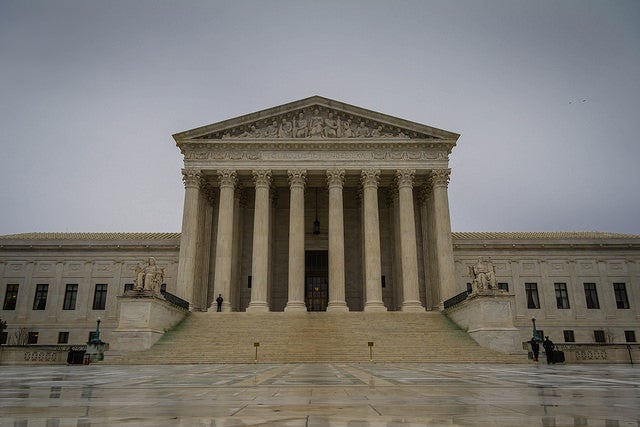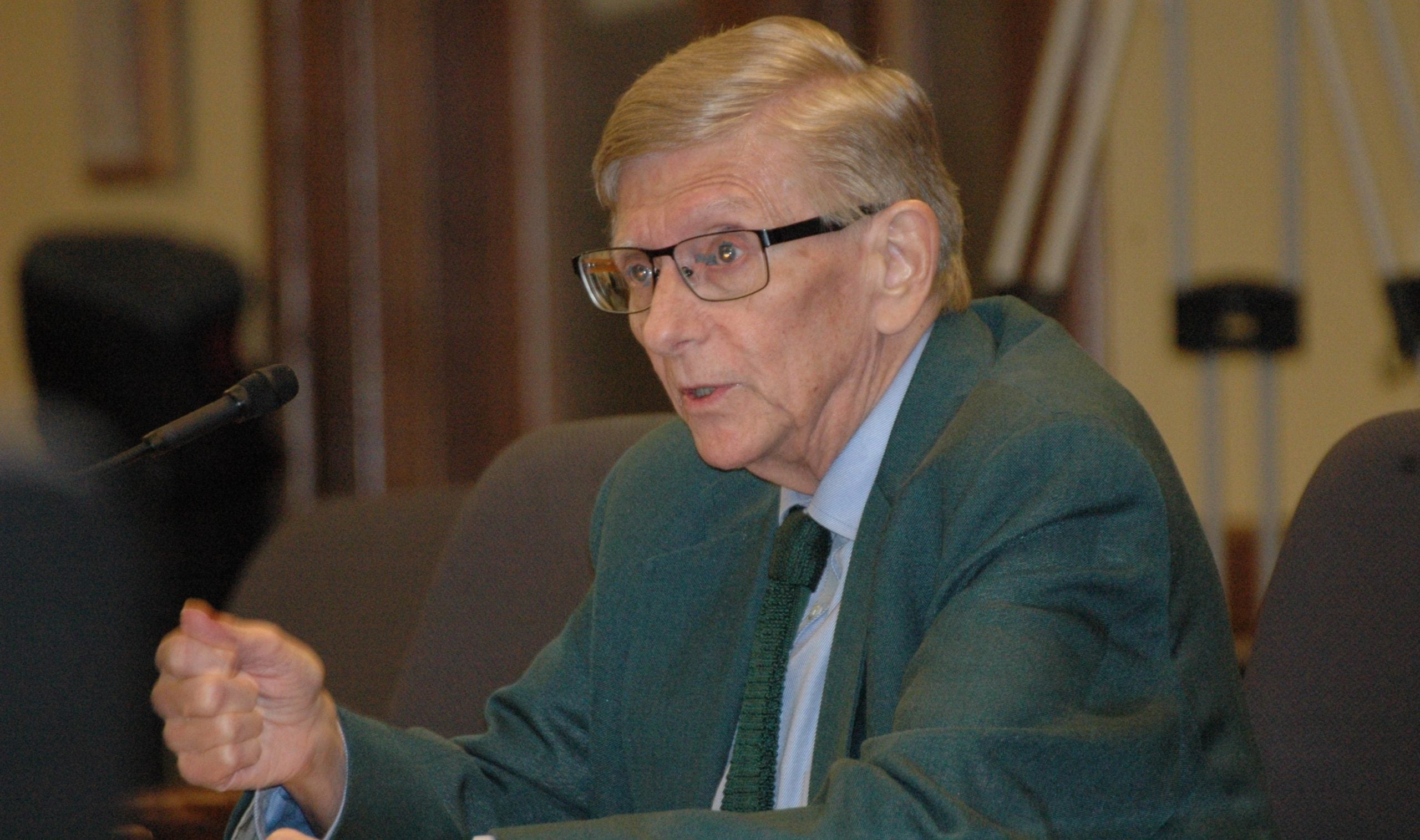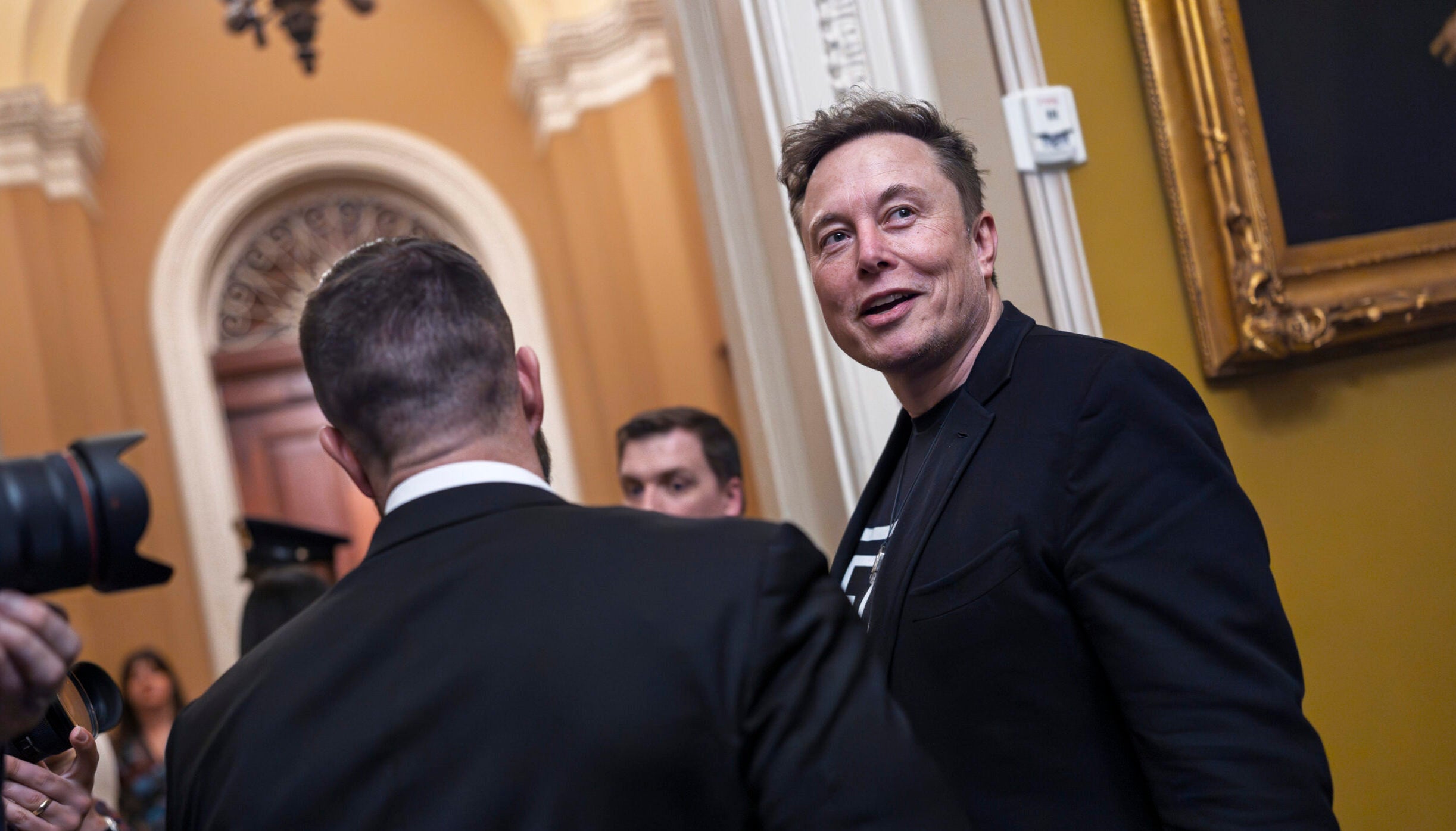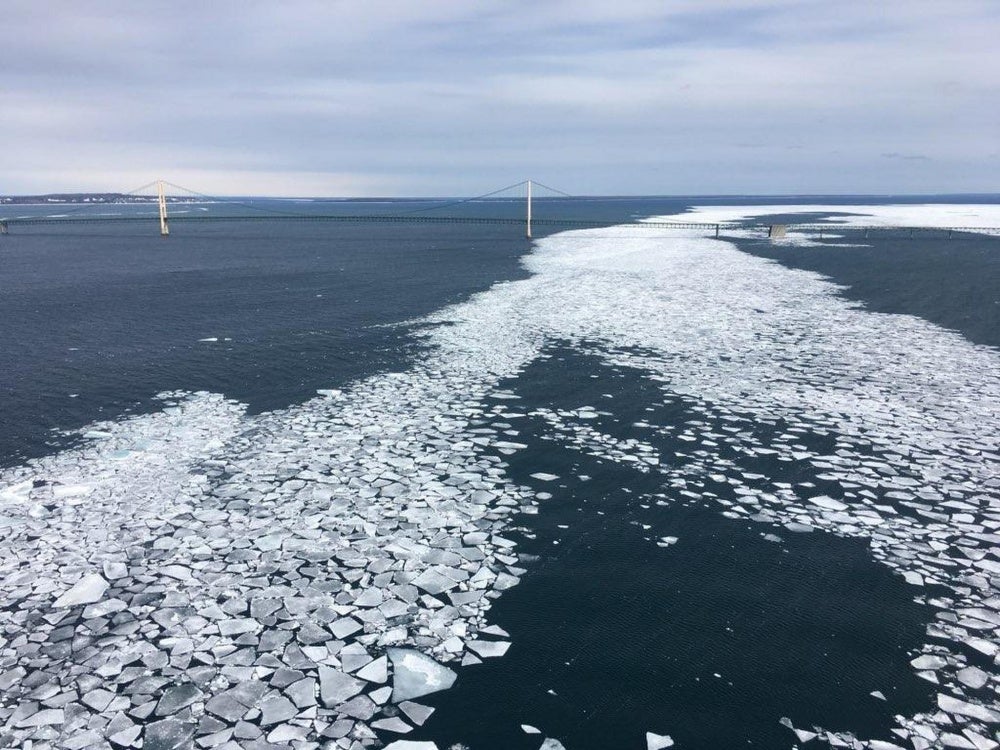State attorneys asked the U.S. Supreme Court on Wednesday to review a federal appeals court ruling from last year that allows the state’s Ojibwe tribes to hunt off-reservation deer at night.
The state Justice Department filed the request on behalf of the Department of Natural Resources.
The ruling made by the U.S. 7th Circuit Court of Appeals in October rejected arguments from the state that night hunting is unsafe. University of Wisconsin law professor Richard Monette, who a member of a North Dakota Ojibwe tribe, said the tribes have created strict rules for ensuring their night hunts off the reservation are safe.
News with a little more humanity
WPR’s “Wisconsin Today” newsletter keeps you connected to the state you love without feeling overwhelmed. No paywall. No agenda. No corporate filter.
“We know that the tribes have been hunting deer on their reservations for decades at night using … shining, (which) has a bad connotation in this world. But for them it was just another technical advance to be able to do subsistence hunting to survive,” said Monette.
“Shining” is a hunting technique in which a bright light is shone at an animal, momentarily blinding them.
If the Supreme Court does not accept the case, the legal battle over night hunting will be back before federal District Judge Barbara Crabb. She has urged the state and the tribes to work out their differences without coming back to court.
In Minnesota and Michigan, state regulations have been in place for more than a decade that allow tribal members to hunt at night.
Wisconsin Public Radio, © Copyright 2026, Board of Regents of the University of Wisconsin System and Wisconsin Educational Communications Board.






